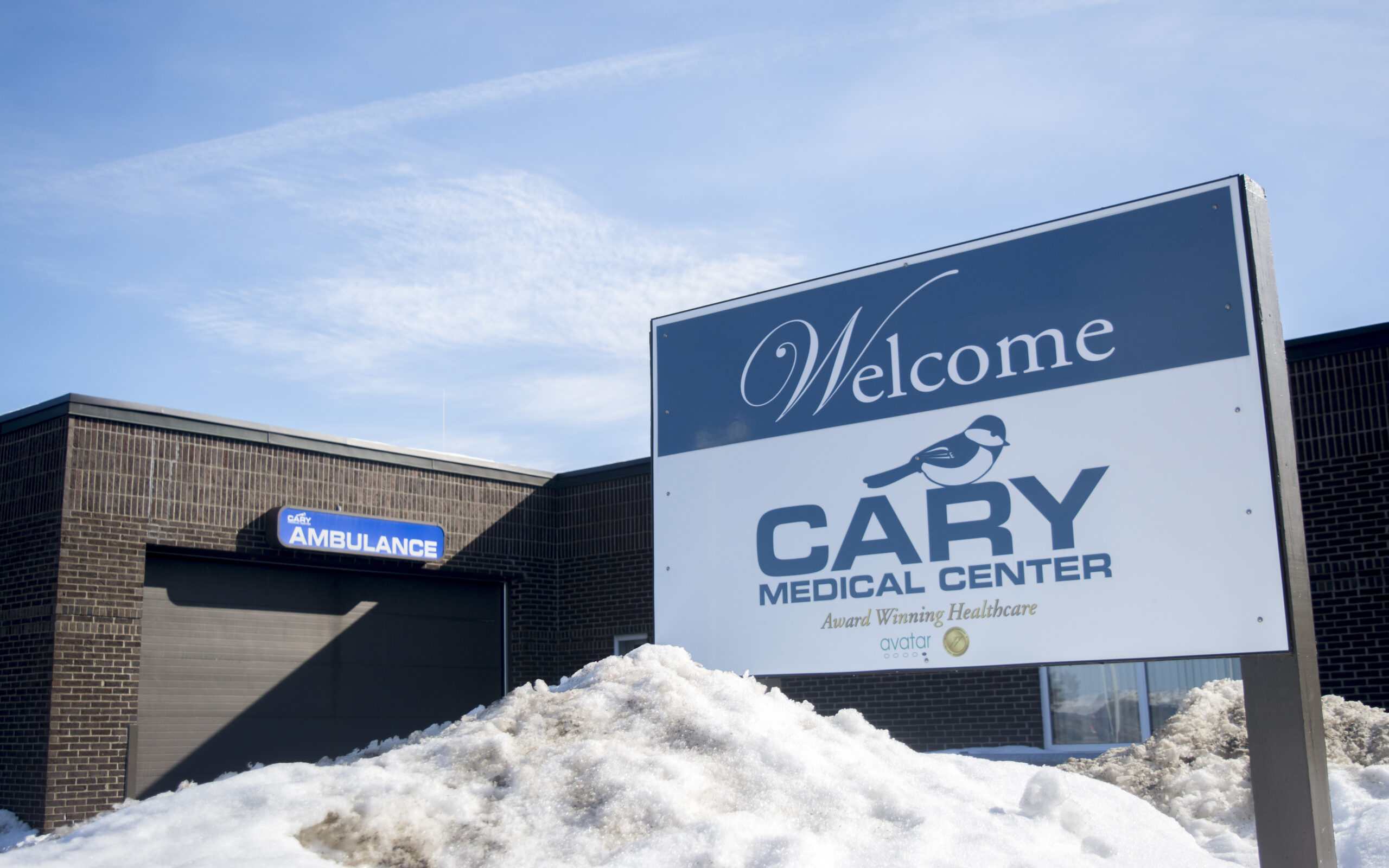Cary Medical Center recently announced that it is part of a movement to improve health care for older adults, contributing to a goal of 20 percent of U.S hospitals and health systems becoming age-friendly by 2020.
As part of the Age-Friendly Health Systems initiative, the John A. Hartford Foundation, and the Institute for Healthcare Improvement, in partnership with the American Hospital Association and the Catholic Health Association of the United States, are helping hospitals and other care settings implement a set of evidence-based interventions specifically designed to improve care for older adults.
The interventions can be tested and adapted by participating in what are called Age-Friendly Health Systems Action Communities. These are collaborative entities comprised of health care teams from all over the country who are committed to sharing data and learning together. All teams strive toward reliably implementing best practices across emergency departments, intensive care units, medical-surgical units, general wards, and primary and specialty care settings.
Cary Medical Center now joins more than 100 health systems working to make care for older adults even more tailored to patients’ goals and preferences and consistently of high-quality.
“Cary Medical Center has always been on the forefront of patient care, and that’s why we are participating in this vital effort. We look forward to both sharing our best practices and learning what’s working for others,” said Kris Doody, RN, Cary Chief Executive Officer. “The Age-Friendly Health Systems initiative is an important part of our overarching vision to provide every older adult with the best care possible.”
According to Tracie Papsadora, a physical therapist who is heading up the Age-Friendly Initiative at Cary, “Most of our patients admitted to the hospital are older adults. We are really focused on what we can do to meet their expectations of what matters to them during their hospitalization and how we can improve their experience.”
The initiative is based on a series of practices focused on addressing four essential elements (4M’s) of care for older patients.
- What Matters: Know and align care with each older adult’s specific health outcome goals and care preferences.
- Medication: If medication is necessary, use Age-Friendly medication that does not interfere with What Matters to the older adult, Mobility, or Mentation across settings of care.
- Mentation: Prevent, identify, treat and manage dementia, depression, and delirium across settings of care.
- Mobility: Ensure that older adults move safely every day in order to maintain function and do What Matters to them.
According to Papsadora, the impact of the new Age-Friendly initiative is making a difference and has been documented in early data associated with the program.
“We have already seen that by implementing these strategies can help reduce readmissions to the hospital and empower patients to ask questions, better understand medications, and really feel that they are a key part of their health care team,” she said.
To be recognized as an ‘Age-Friendly Health System – Committed to Excellence’, Cary was required to implement specific strategies and to collect data on the care of older adults in the hospital. The hospital submitted the data and was certified by the Age-Friendly Health Care System Initiative in early March.
Submitted by the Community Relations and Development Office of Cary Medical Center/Pines Health Services.








